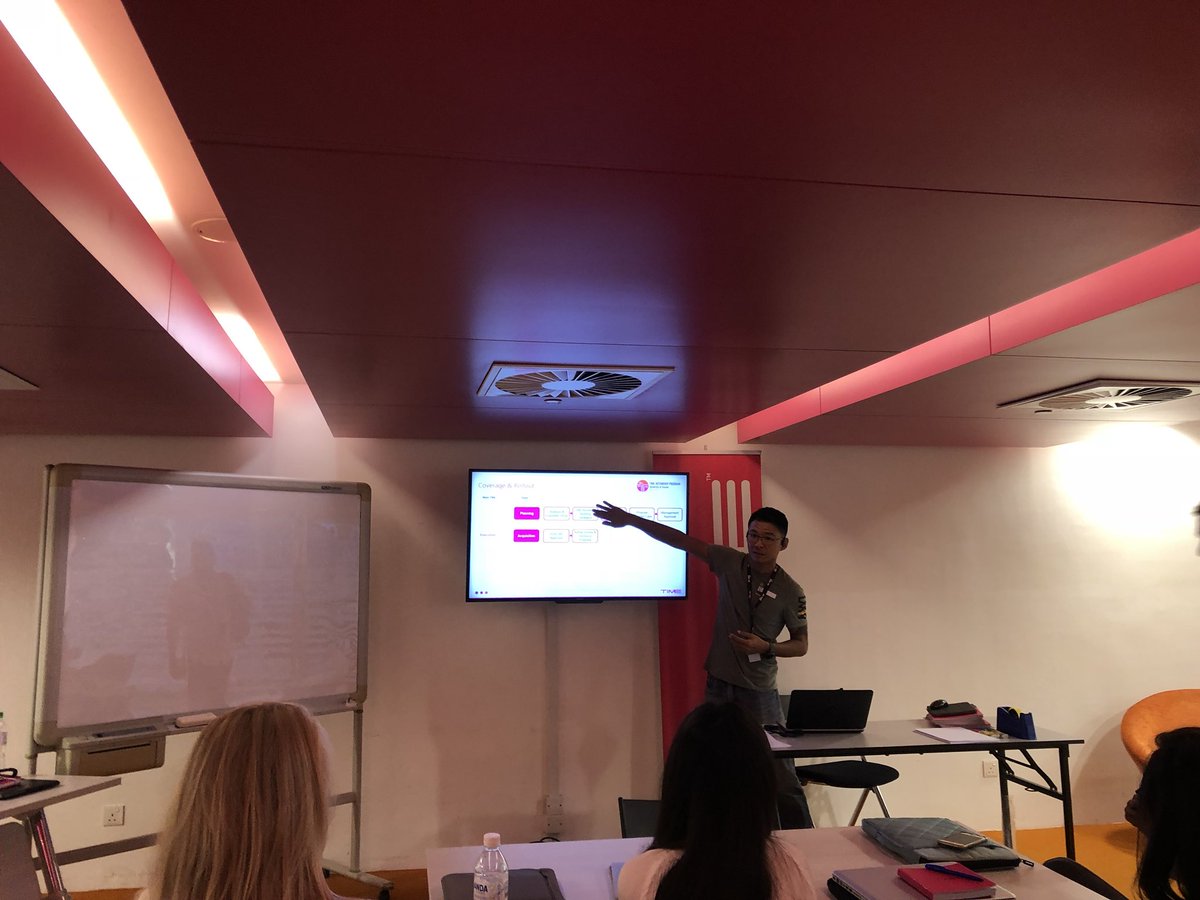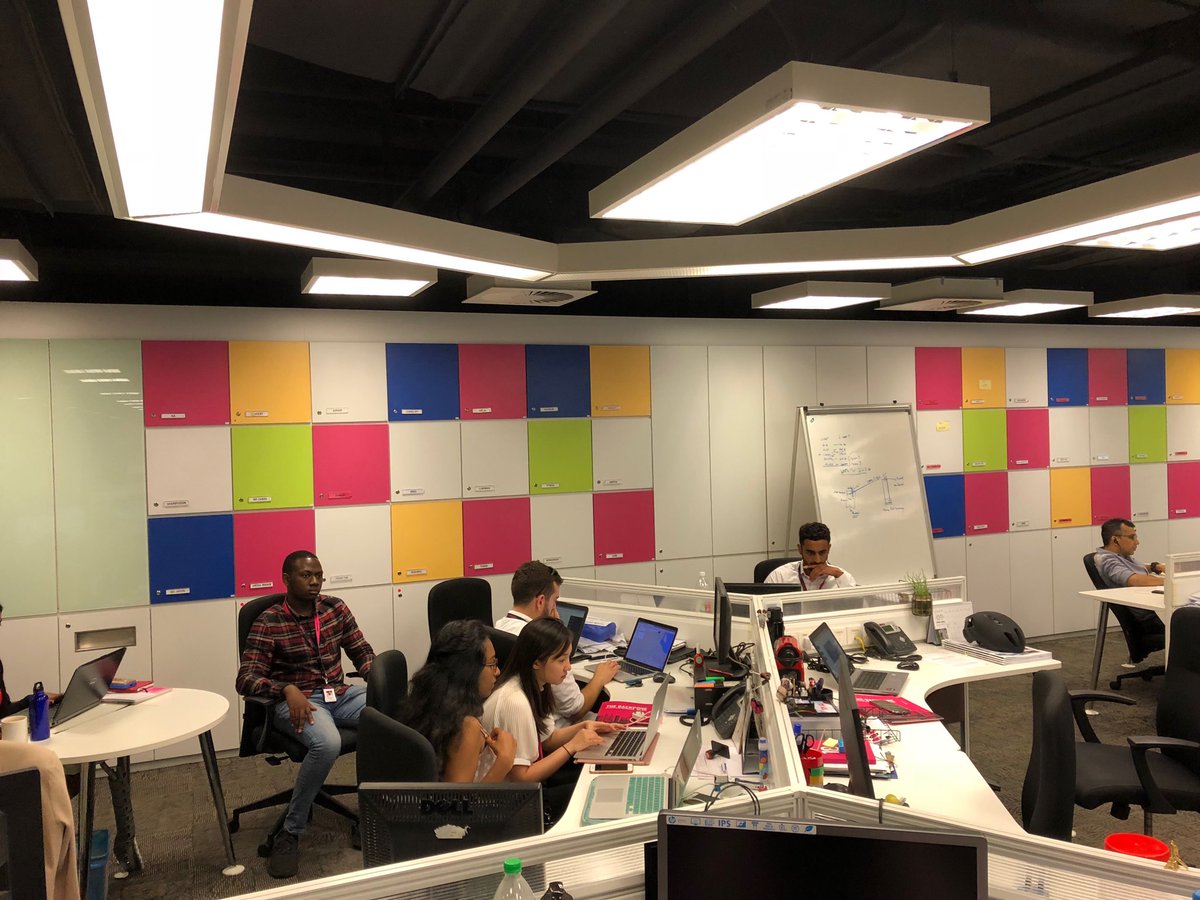
The team joined the coverage department and are learnt how to survey residential areas for their fibre optic potential
By Umar Akram
Monday 27 August 2018
The second week of our internship with TIME will be spent with the Coverage and Rollout team, “the backbone” of the company. The first day with the coverage team could be summed up as being full on. Or described as being thrown into the lion’s den. Literally. During the preparation calls, the head of Coverage, Jimmy, was described as being the ‘money man’, today I understood why.
Before I carry on, in a nutshell, the Coverage team plan out and present business cases, to board members and senior management, about whether or not to expand into particular areas. Key considerations include: what existing infrastructure TIME has in these jurisdictions and the costing and potential return on investment over a given period of time. So when asking for millions of Ringgit (Malaysian currency), these proposals have to be good!
Our day was split into two parts. First half being a brief summary on all the elements which fall under compliance: planning, execution/acquisition, roll-out and services. In this half we were also armed with all the technical information about how fibre physically penetrates both SDUs (single dwellings units), MDUs (multi dwelling units), the requirements for both greenfield and brownfield structures, OSP/ISP requirements and a whole bunch of other super technical fundamentals. Oh, I forgot to mention the amount of abbreviations and new technical lingo we learnt in just a few hours.

The team have settled into the office and are all very focused and working extra hard!
Following a plate full of chicken biriyani for lunch from the world renowned Umaar Nasi Kandaar, we headed back into the office and got cracking on our own projects. Mapping areas, planning potential routes for the laying of the fibre and collating costings required a sharp eye for detail and a large amount of teamwork. With it being the first day of seeing how the money is actually put to work really illustrated what goes on behind the scenes from what consumers see from a telecoms provider: “great fibre broadband deals” and “super fast internet”.
The mix of how the technical engineering intertwines with the business side of such proposals was extremely insightful for me and probably my biggest take away from this day. Majoring in Business & Management and having knowledge gained from second year modules was beneficial to the business side of the day. A project may produce a high rate of return, but if it is not feasible, which only the engineers can confirm, the project is terminated. So seeing for myself how the two both play such an important role within the telecoms sector was great.


Leave a Reply